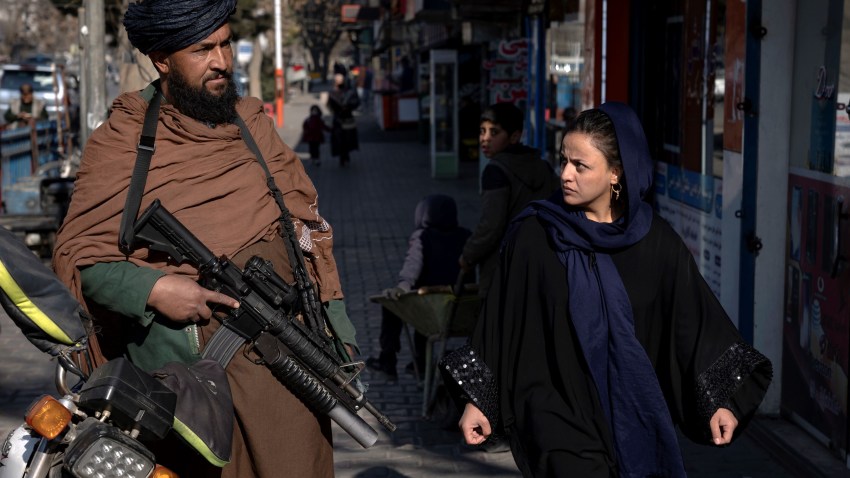Last week, International Women’s Day drew renewed media attention to the situation in Afghanistan, now characterized by the United Nations as the most repressive country on earth for women. Over the past 18 months since the Taliban takeover in August 2021, conditions for women in the country have continuously deteriorated. Despite early promises by the Taliban to keep girls in school, women and girls were immediately banned from attending high school, and since December, the same is now true for university. Women have been banned from most jobs, including NGO work. Floggings of women and men have been reinstated for violations of the Taliban’s morality code. In a particularly cruel twist, women who previously divorced abusive husbands are now being told those divorces are invalid, meaning they and their new partners could be considered adulterers and punished accordingly.
This situation is particularly paradoxical because for the vast majority of Afghans, protecting women’s human rights—especially the right to education—is among their key priorities. In a random survey of Afghan internet users conducted last year by the Human Security Lab, which I direct at the University of Massachusetts-Amherst, 66 percent of respondents stated they either “agree” or “strongly agree” with the statement, “I believe women’s human rights are among the top priorities for the future of the country.” Only 19 percent disagreed or strongly disagreed, and 15 percent were undecided. Even more important are the trend-lines: Over the three months the survey was in the field, the number of those who said “strongly agree” rose, and those choosing any other answer went down.
When asked which three rights for women from a provided list matter the most to them, Afghans most frequently chose education, at 62 percent; the right to work, at 41 percent; the right to participate in government, at 36 percent; the right to choose a husband, at 34 percent; and the right to access health services, at 31 percent. Some chose “Something Else” from the list, and many of the answers included refusals to choose among rights. One Afghan wrote into the comment box, “They are all important to me.” Another wrote, “All the things mentioned in this questionnaire are important for women.”

